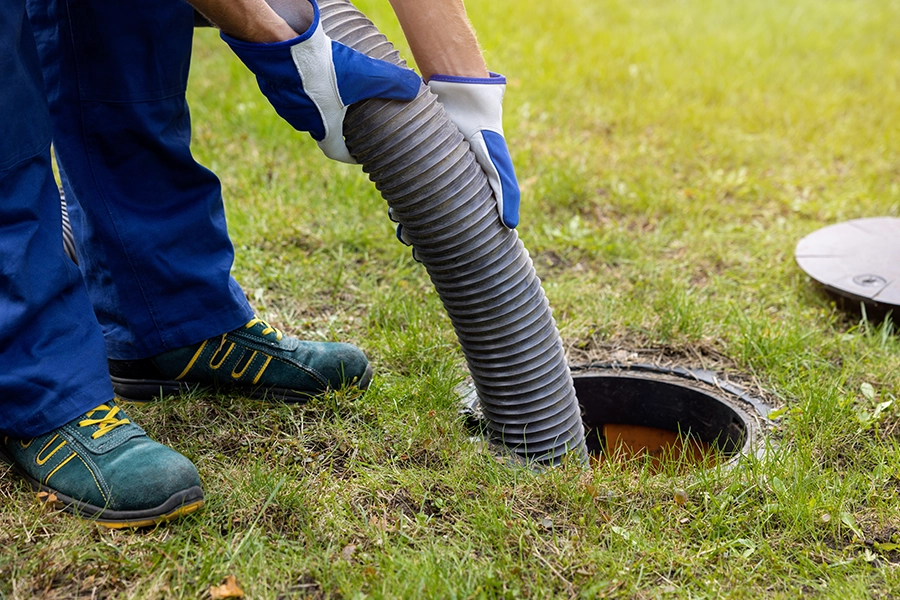A septic system is an essential part of many homes, especially those not connected to a municipal sewer system. It safely processes and disposes of wastewater from your household. However, like any system, it requires regular care to function properly. One of the most important maintenance tasks is septic draining. Proper septic draining can improve the efficiency of your system, prevent costly repairs, and extend its lifespan.
Understanding the Importance of Septic Draining
Septic draining is the process of removing accumulated waste from your septic tank. Over time, solid waste settles at the bottom of the tank, forming sludge, while lighter materials form a scum layer on top. If these layers are not removed regularly, they can overflow into the drain field, causing blockages and system failure. By scheduling regular septic draining, homeowners ensure that their system continues to operate efficiently. This proactive approach prevents issues before they become serious problems.
Signs Your Septic System Needs Draining
Knowing when your septic system needs attention is crucial. Common signs that indicate it’s time for septic draining include slow-draining sinks, toilets that back up, and unpleasant odors around your septic area. Additionally, unusually green grass or soggy soil above the septic drain field can be a warning that the system is overwhelmed. Paying attention to these signs allows you to take action quickly, maintaining the health of your septic system.
Benefits of Regular Septic Draining
Regular septic draining has several benefits that improve the efficiency of your system. First, it prevents the accumulation of solids that can clog pipes and damage the drain field. A clean tank allows wastewater to flow freely, reducing the risk of backups in your home. Second, septic draining helps maintain proper bacterial activity inside the tank. These bacteria are essential for breaking down waste efficiently. By removing excess solids, you ensure that the bacteria can continue to do their job effectively.
How Septic Draining Protects the Environment
A well-maintained septic system not only benefits your home but also protects the surrounding environment. When septic tanks are not drained regularly, untreated wastewater can seep into the soil, contaminating groundwater and nearby water sources. Proper septic draining reduces this risk by ensuring that waste is treated correctly within the tank before being released into the drain field. This makes your system safer for both your family and the environment.
Scheduling Professional Septic Draining
While there are some temporary solutions homeowners can attempt, professional septic draining is recommended for the best results. Certified technicians have the right equipment to fully empty your tank, inspect for damage, and provide maintenance advice. The frequency of septic draining depends on factors such as tank size, household size, and water usage, but most households benefit from a thorough septic draining every three to five years. Following a professional schedule helps avoid unexpected problems and costly repairs.
Additional Tips to Enhance Septic Efficiency
Alongside regular septic draining, there are additional steps homeowners can take to maintain system efficiency. Avoid flushing non-biodegradable items, such as wipes or sanitary products, as they can clog pipes. Limit excessive water use during peak times to reduce stress on the system. Planting grass over the drain field instead of trees can prevent roots from damaging the pipes. These simple actions, combined with regular septic draining, keep your system running smoothly for years.
Conclusion
Septic draining is a crucial part of maintaining a healthy and efficient septic system. By removing waste buildup, protecting bacterial activity, and preventing environmental contamination, it ensures that your system functions properly and lasts longer. Paying attention to warning signs and scheduling professional septic draining at the recommended intervals can save you from expensive repairs and headaches in the future. With consistent care and proper maintenance, your septic system will continue to provide reliable service for your household.

